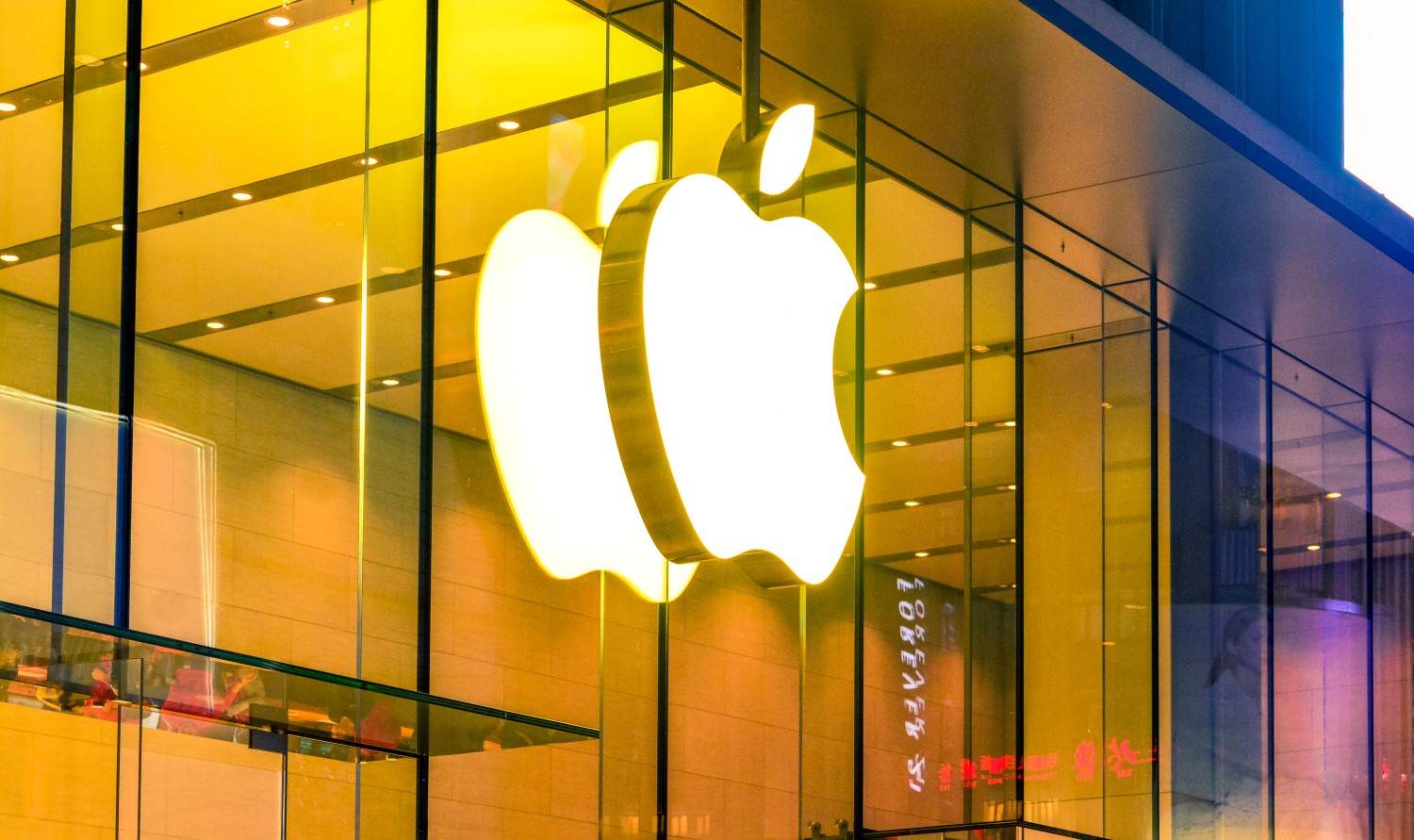Apple Opens iPhone NFC Technology to Third-Party Providers After EU Agreement
12.07.2024 12:00 1 min. read Alexander Stefanov
Apple has avoided significant European Commission fines by agreeing to open its NFC chip technology, crucial for iPhone contactless payments, to third-party providers.
This resolves an antitrust case and sidesteps potential multibillion-dollar penalties. Under a 10-year commitment, Apple will provide free APIs for third-party mobile wallet and payment services to access iPhone NFC functionality independently of Apple Pay or Apple Wallet.
These APIs include access to NFC components in Host Card Emulation (HCE) mode, which securely stores payment credentials and facilitates transactions without relying on the device’s secure element.
The agreement covers all third-party mobile wallet developers in the European Economic Area (EEA) and allows their apps to be used for payments within and outside the EEA.
Apple also commits to features like default payment app settings, FaceID authentication access, and transaction suppression.
The European Commission has made these commitments legally binding, addressing concerns about NFC access restrictions for iOS users in the EEA.
However, Apple continues to face NFC-related challenges in the US, where the Justice Department has included this issue in a broader lawsuit alleging smartphone market monopolization.
-
1
Fiserv to Launch FIUSD Stablecoin Across Its Massive Banking Network
23.06.2025 21:00 1 min. read -
2
Mastercard Integrates Chainlink to Power Direct Crypto Access for Cardholders
25.06.2025 18:00 1 min. read -
3
BIS Slams Stablecoins, Calls Them Ill-Suited for Modern Monetary Systems
26.06.2025 9:00 1 min. read -
4
GF Securities Becomes First in Hong Kong to Issue Tokenized Securities On-Chain
27.06.2025 20:00 2 min. read -
5
Robinhood Expands Crypto Futures With XRP and Solana Micro Contracts
28.06.2025 13:00 2 min. read
Bitget Wallet Teams Up with Mastercard to Launch Crypto-Powered Payment Card
Bitget Wallet has entered a strategic partnership with Mastercard and Web3 payment provider Immersve to launch a new payment card that allows users to spend cryptocurrencies directly from their digital wallets.
Robinhood to Launch Tokenized Shares of OpenAI and SpaceX for European Users
Robinhood CEO Vlad Tenev revealed plans on Monday to bring tokenized equity offerings to the European market, starting with shares in private tech giants OpenAI and SpaceX.
Coinbase to Launch U.S. Perpetual-Style Futures on July 21
Leading crypto exchange Coinbase (COIN) is set to launch perpetual-style futures contracts in the United States starting July 21, becoming one of the first regulated entities to offer a product that closely mirrors globally popular offshore perpetuals.
Robinhood Expands Crypto Futures With XRP and Solana Micro Contracts
Zero-commission brokerage Robinhood has expanded its cryptocurrency futures offerings by launching micro futures contracts for XRP, Solana (SOL), and Bitcoin (BTC).
-
1
Fiserv to Launch FIUSD Stablecoin Across Its Massive Banking Network
23.06.2025 21:00 1 min. read -
2
Mastercard Integrates Chainlink to Power Direct Crypto Access for Cardholders
25.06.2025 18:00 1 min. read -
3
BIS Slams Stablecoins, Calls Them Ill-Suited for Modern Monetary Systems
26.06.2025 9:00 1 min. read -
4
GF Securities Becomes First in Hong Kong to Issue Tokenized Securities On-Chain
27.06.2025 20:00 2 min. read -
5
Robinhood Expands Crypto Futures With XRP and Solana Micro Contracts
28.06.2025 13:00 2 min. read


